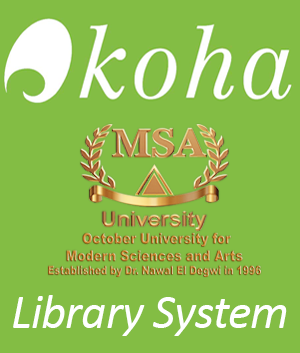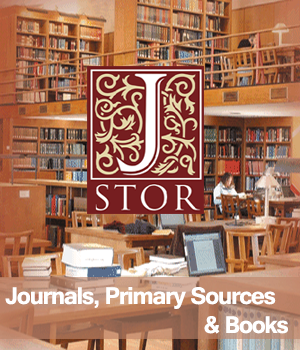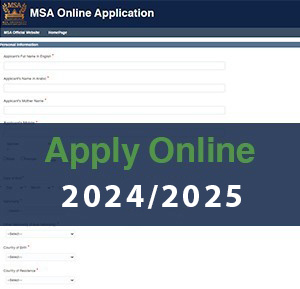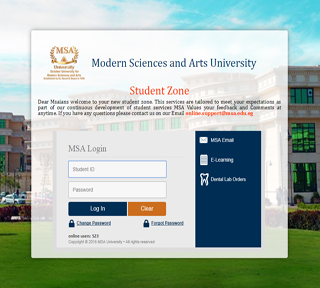Rules and Ethics
Attendance Policy: The contact between the staff and student is the most effective means of learning. Class discussions and comments enhance the students’ understanding of the module content providing a new dimension to the learning experience. For these reasons, students are required to satisfy certain attendance requirements. Students who fail to attend 75% of all lectures and tutorials/Labs for a given module are deprived from the final exam and automatically fail the Module. This includes absences for medical reasons and emergencies. Students are required to check with the respective teaching assistants/Student Affairs department as to the number of absents reached in each module.
Late Arrival Policy: Late arrivals disrupt the class and interrupt other student’s concentration. Students are only allowed into the class during the first five minutes. Otherwise, they miss the class and are recorded as absent. During the midterm exams (1.5hrs) students are allowed to arrive up to the first 15 minutes of the exam, while the final examination (3 hrs) students are allowed to arrive up to the first 30 minutes of the exam.
Misconduct Procedures Academic Misconduct Procedures: MSA University complies with the Rules and Regulations of the Ministry of Higher Education in Egypt as per decree 49 for the year 1972, as well as the Rules and Regulations of the Private Universities in Egypt as per decree 101 for the year 1992. All following modifications that have been added from then to date are complied with. MSA students are expected to be honest in their academic endeavours. To falsify the results of one's research, to use the words or ideas of others as their own, to cheat in an examination, or to allow another to commit an act of academic dishonesty corrupts the basis of the academic process. The act of Plagiarism includes:
Where the marker of the assessment suspects that the student’s submitted work is plagiarized or one of the above offences has been committed, the marker shall interview the student establish that an offence has been committed or to demonstrate the plagiarized work and the proportion of the plagiarized work. During this interview, the marker shall give the students the opportunity to present his or her case and mitigating circumstances, if any. Depending on the severity of the plagiarism or the offence being committed, the marker may take one of the following actions:
- Students are reminded of the seriousness of their act and is given a verbal warning. - Students are reminded of the seriousness of their act and are asked to sign a Plagiarism Warning Form (A written warning). - Redo the same assessment or a new assessment within a set deadline. The new mark shall not exceed mark awarded for the offended work, if any. - Redo the same assessment or a new assessment and the new mark shall not exceed the pass mark. - Exclude the plagiarized part of the assessment and mark the work accordingly. - A ward a zero grade to the assessment under investigation.
Probation students are students who fail to achieve CGPA 2.0 (equivalent to C i.e ≥ 60%). Every student has to check his/her CGPA every semester to revise his/her status. Students are informed during their first levels on probation that they should exert utmost effort on raising their CGPA to at least 2.0 (≥ 60%) to avoid being dismissed from the University and to be able to graduate. Probation students are advised to improve their academic standards since students who remain on probation will be dismissed from the university. The numbers of semesters are determined by the Supreme Council of Egyptian Universities. In case of being on probation for:
Spring and summer semesters are counted as one semester. The student is allowed to change major only once. UK CGPA is calculated for only 300, 400 level modules in case of faculty of Computer Sciences.










